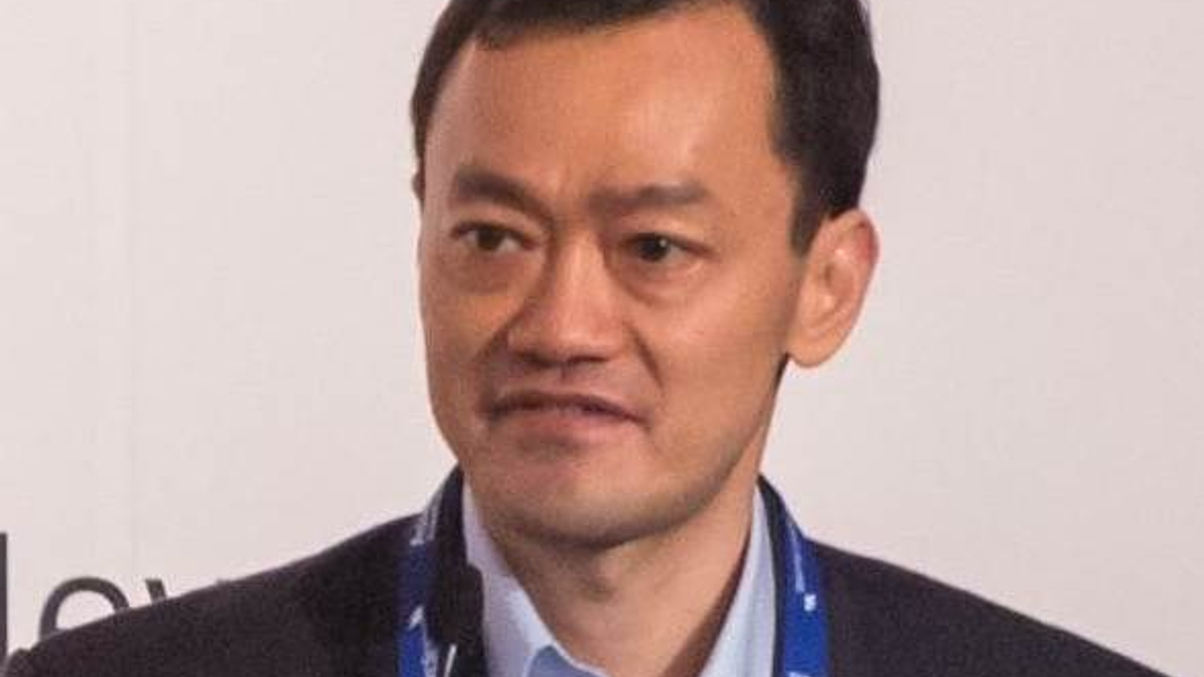Asia GPs struggle to raise funds
For private equity firms in Asia – even the likes of Apollo, Carlyle and RRJ – raising money has become tougher, something that outflows from emerging markets will exacerbate.

Fundraising has become difficult for Asian private equity firms, and the general outflow of capital from emerging markets will make it more so, argue industry executives.
Sign in to read on!
Registered users get 2 free articles in 30 days.
Subscribers have full unlimited access to AsianInvestor
Not signed up? New users get 2 free articles per month, plus a 7-day unlimited free trial.
¬ Haymarket Media Limited. All rights reserved.


